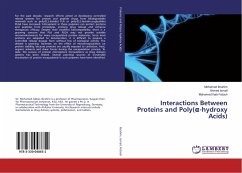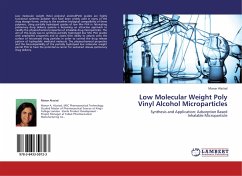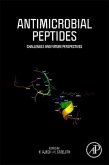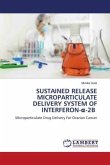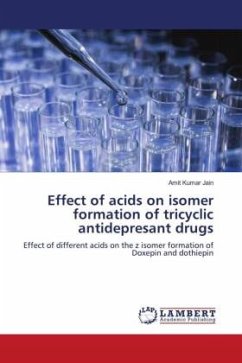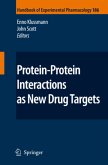For the past decade, research efforts aimed at developing controlled release systems for protein and peptide drugs from biodegradable materials such as poly-(D,L-lactide) PLA or poly-(D,L-lactide-co-glycolide) PLGA have increased. Entrapment in these polymers can protect proteins and peptides from proteolysis, prolong drug release and enhance therapeutic efficacy. Despite their excellent biocompatibility, there is a growing concern that PLA and PLGA may not provide suitable microenvironments for many encapsulated protein molecules. Since most proteins are subjected to denaturation, it is difficult to prepare a controlled release dosage form without loss of biological activity. The debate is growing, however, on the effect of microencapsulation on protein stability, because proteins are usually exposed to cavitation, heat, organic solvents and shear forces during the encapsulation process. To date, the success of protein microsphere formulations as drug delivery systems has been limited. Several potential sources of irreversible inactivation of protein encapsulated in such polymers have been identified.
Bitte wählen Sie Ihr Anliegen aus.
Rechnungen
Retourenschein anfordern
Bestellstatus
Storno

